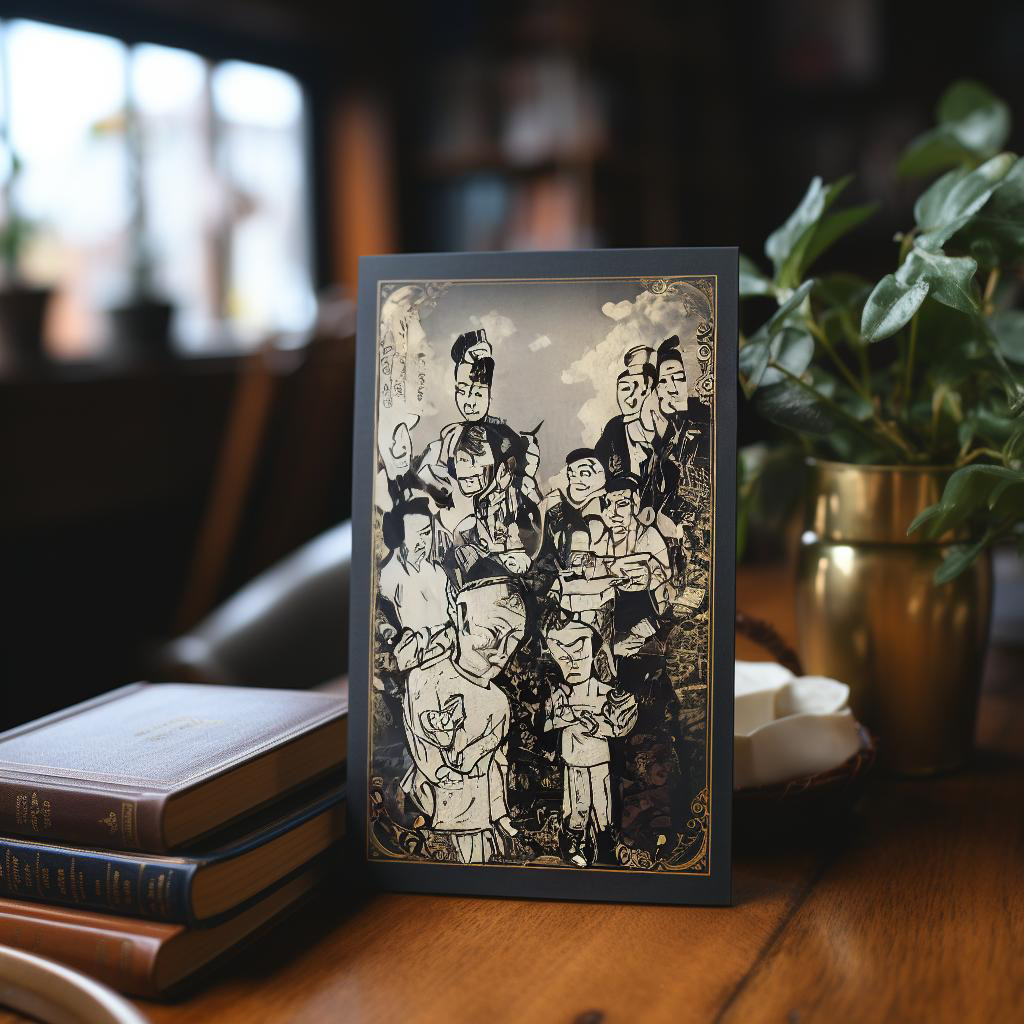Life is a journey, and every journey involves progression. The irony of our existence, however, lies in the paradox of comfort and misery. At its core, the pursuit of comfort and the avoidance of misery often lead us down paths that create the very discomfort we aim to avoid.
The Mirage of Comfort
Imagine living with less; the very thought invokes feelings of inadequacy and want. Yet, as anyone who has yearned for more will tell you, having plenty often comes with its own set of challenges. As Robert Kiyosaki, author of “Rich Dad Poor Dad,” notes, “It’s not how much money you make, but how much money you keep.” The more you have, the more there’s a need to protect, manage, and sustain it.
The Unending Cycle of Want
There is a perpetual cycle of desire in the human experience. When you possess one of something, the allure of two is irresistible. And once two is obtained, the thirst for more becomes undeniable. This never-ending cycle is encapsulated beautifully by Alain de Botton in his book, “Status Anxiety,” where he delves into our perpetual drive for more as a defense against feeling left behind or inferior.
Misery: A Matter of Perception
But if the poor feel misery in their lack and the rich feel misery in their abundance, where does that leave us? The conclusion is stark: misery is less about external circumstances and more about perception. Both the underprivileged and the affluent have their own set of challenges, and as they say, “Every coin has two sides.” As Paulo Coelho elucidates in “The Alchemist,” our personal legends are shaped more by our internal battles than by our external circumstances.
The Art of Acceptance
So, how does one navigate this intricate maze without succumbing to misery? The answer lies in acceptance and surrender. Accepting that life will always have its challenges, regardless of our status, and surrendering to the flow of progression can be liberating. By doing so, we align ourselves with life’s natural rhythm, allowing ourselves to progress and grow.
Perception of Time: The Ultimate Litmus Test
Time perception offers a fascinating glimpse into our state of being. When we are engrossed in progression and growth, 24 hours can seem fleeting, like mere minutes. In contrast, stagnation can make minutes feel like agonizing hours. As Stephen R. Covey mentions in “The 7 Habits of Highly Effective People,” proactive engagement with our goals and growth can warp our perception of time, making life feel both full and fleeting.
In Conclusion
Life’s journey is riddled with the dualities of comfort and misery. However, by embracing acceptance and surrender, and by actively progressing, we can navigate this journey with grace and contentment. As we progress, time flies, reminding us that every moment is precious and that in every moment, there’s an opportunity for growth and fulfillment.







